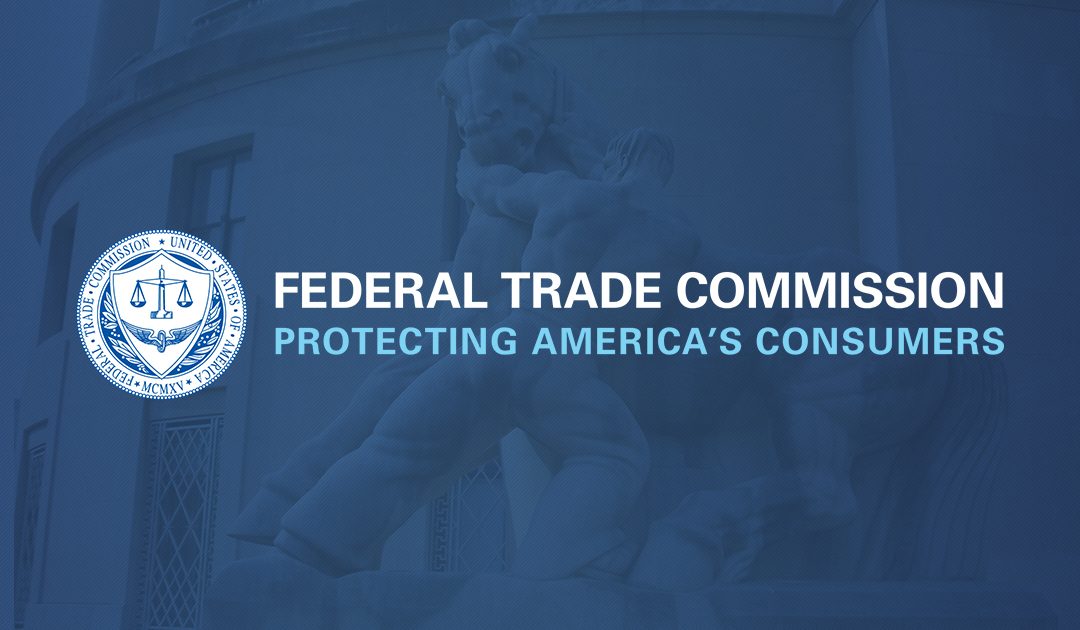by Scott Muniz | Feb 17, 2022 | Security, Technology
This article is contributed. See the original author and article here.
The National Security Agency (NSA) has released a Cybersecurity Information (CSI) sheet with guidance on securing network infrastructure devices and credentials. Cisco devices are used globally to secure network infrastructure devices, including across the Department of Defense, National Security Systems, and the Defense Industrial Base. Credentials within Cisco configuration files could be at risk of compromise if strong password types are not used. The CSI reviews Cisco’s password type options, the difficulty to crack each password type, and its vulnerability severity and provides recommendations for use.
CISA encourages administrators to review NSA’s CSI: Cisco Password Types: Best Practices and consider the recommendations to secure sensitive credentials.
by Scott Muniz | Feb 17, 2022 | Security, Technology
This article is contributed. See the original author and article here.
Cisco has released security updates to address a vulnerability affecting Cisco Email Security Appliance. A remote attacker could exploit this vulnerability to cause a denial-of-service condition. For updates addressing lower severity vulnerabilities, see the Cisco Security Advisories page.
CISA encourages users and administrators to review Cisco Advisory cisco-sa-esa-dos-MxZvGtgU and apply the necessary updates or workarounds.

by Scott Muniz | Feb 16, 2022 | Security, Technology
This article is contributed. See the original author and article here.

Official websites use .gov
A .gov website belongs to an official government organization in the United States.

Secure .gov websites use HTTPS
A
lock ( )
) or
https:// means you’ve safely connected to the .gov website. Share sensitive information only on official, secure websites.

by Scott Muniz | Feb 15, 2022 | Security
This article was originally posted by the FTC. See the original article here.
To combat government and business impersonation scams and get money back to people, the FTC is considering changes to the law that would give the agency better tools. Want to help? Submit a comment on the rulemaking and make your voice heard.
Whether they call pretending to be from the Social Security Administration or email or text you claiming to be from a trusted business, impersonators are trying to steal your money or get your personal information — or both. And, for the past two years, they’ve been taking advantage of the confusion over the pandemic. The FTC’s data show that COVID-specific scam reports have included 14,069 complaints of government impersonation and 9,850 complaints of business impersonation. People have lost over $52 million to COVID-specific government and business impersonators since January 1, 2020.
Current law limits the FTC’s ability to combat these scams and return money to people who’ve lost money to these scammers. The FTC wants to change the law to make it easier to sue and get refunds for people who have experienced impersonation fraud. If you’ve experienced impersonation fraud, or have an opinion about the proposed rulemaking, submit your comment. All comments must be submitted online by February 22.
Brought to you by Dr. Ware, Microsoft Office 365 Silver Partner, Charleston SC.
by Scott Muniz | Feb 15, 2022 | Security, Technology
This article is contributed. See the original author and article here.
The Federal Bureau of Investigation (FBI) and the United States Secret Service (USSS) have released a joint Cybersecurity Advisory (CSA) identifying indicators of compromise associated with BlackByte ransomware. BlackByte is a Ransomware-as-a-Service group that encrypts files on compromised Windows host systems, including physical and virtual servers.
CISA encourages organizations to review the joint FBI-USSS CSA and apply the recommended mitigations.




Recent Comments